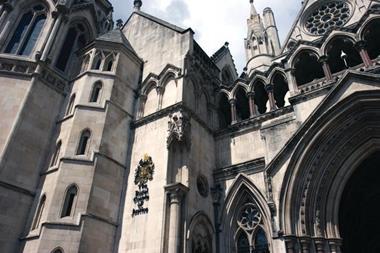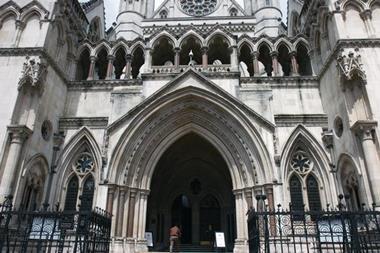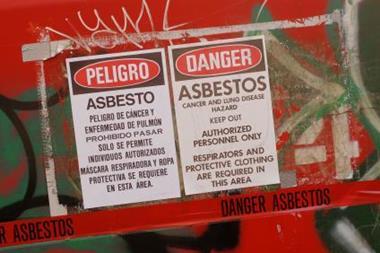The Corporate Manslaughter Act comes into force on 6 April 2008
On 6 April 2008 the new statutory offence of Corporate Manslaughter will come into force in the UK making it easier for authorities to successfully prosecute larger organisations where a corporate management failing has led to death.
The new legislation will apply in the UK to all companies, including non-UK companies operating in the UK. (In Scotland the offence will be known as Corporate Homicide.) The government has said that it expects to bring around ten prosecutions each year.
Law firm Lovells has issued the following briefing.
The new offence
Under the new legislation, an organisation can be found guilty of the offence if:
"the way in which its activities are managed or organised causes a person's death and amounts to a gross breach of a relevant duty of care to the deceased" Corporate Manslaughter and Homicide Act 2007 section 1(9).
To be termed a gross breach, the organisation's conduct must "fall far below what could reasonably have been expected of the organisation in the circumstances" (section 1(4)(b)) The contribution of senior management must be regarded by the jury as a substantial element in the corporate causation of the breach of duty (section 1(3)).
Background
Under the existing common law of involuntary manslaughter by gross negligence, only smaller companies with hands-on directors have ever been convicted. For large organisations where safety-critical operational decisions are not taken at board level and are rarely taken by one individual, it has proven impossible to find individuals and therefore the company accountable.
The new offence contains new elements that will make this more achievable:
•Senior management (defined as individuals who make decisions about how the organisation's activities are to be managed or organised, or those who manage or organise the activities) will have their aggregate conduct examined to determine if corporate managerial or organisational failings contributed to the company's breach of its duty of care.
•Juries will assess compliance with health and safety regulations and a company's general health and safety culture can also be assessed separately from the accident.
Conclusions
This will result in far greater focus than before on persons fulfilling the senior management definition and whether their acts or omissions contributed to the system failure and the fatality. Workplace death investigations will focus less on individuals and more on organisational failures and managerial performance issues on corporate safety. Pressure for corporate manslaughter charges to be brought will be a factor in almost all workplace death inquiries. A sentencing consultation has been issued suggesting fines of between 5% and 10% of the company's average annual turnover.
The Act contains provisions apparently designed to facilitate subsequent prosecutions which may include individual managers criticised in the corporate manslaughter trial.




















No comments yet